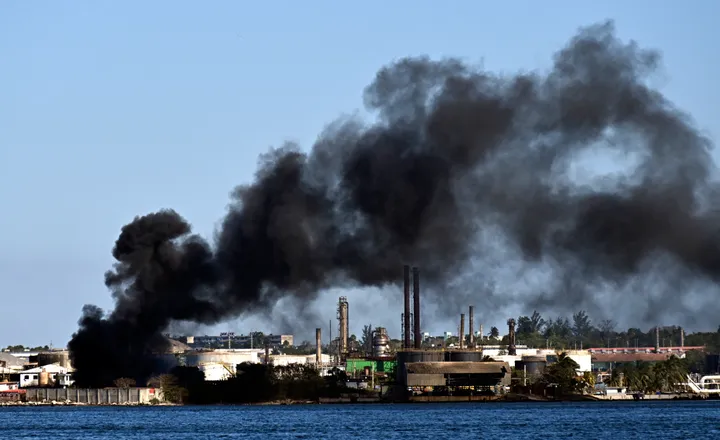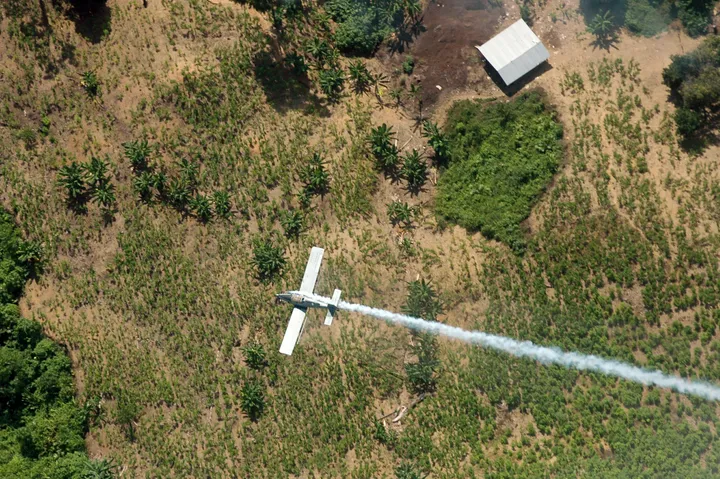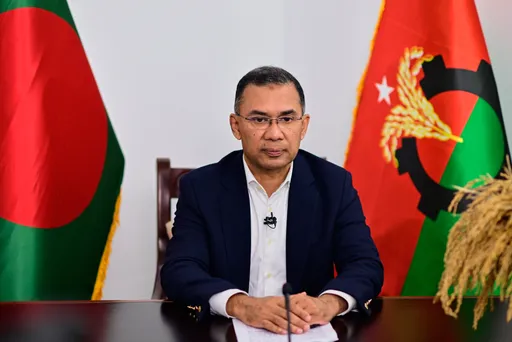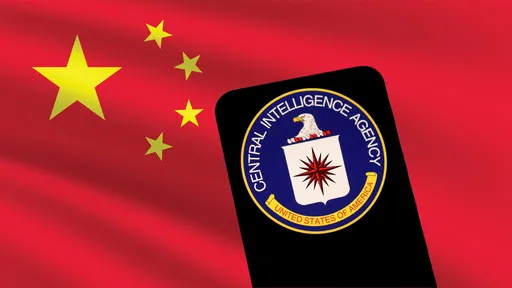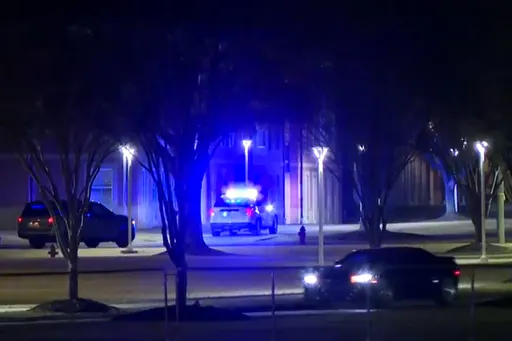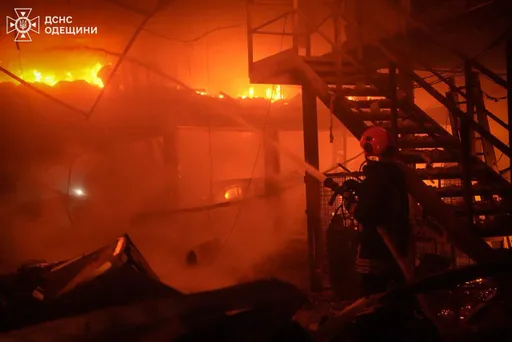The tone of the recent NATO meeting in Brussels sounded like a gathering not of allies, but of opponents, as US Secretary of State Mike Pompeo and French Foreign Minister Yves Le Drian exchanged harsh words with their Turkish counterpart Mevlut Cavusoglu.
While Cavusoglu kept his cool with both Pompeo and Le Drian, he also warned both men that Turkey will do its best for the alliance within the bounds of its national interests, according to those present.
"I just outlined the differences between the two countries and outstanding issues,” Cavusoglu said, during a public event after the heated NATO meeting.
A fierce defender of the outgoing Trump administration’s policies, Pompeo was looking for a clash with Turkey at his last NATO foreign ministerial meeting, due to Ankara’s careful language aimed at the incoming Biden administration, according to Matthew Bryza, a former US diplomat and a senior fellow at the Atlantic Council. In the past, Bryza had worked under both the former Republican George W. Bush and Democratic Barack Obama administrations.
“Pompeo might feel insulted for some reasons,” Bryza tells TRT World, referring to Turkey’s rapprochement with the incoming Biden administration. Pompeo, like Trump, has refused to acknowledge defeat in the presidential elections.
“He has been critical of Turkey now for many months. He is taking France’s side entirely when it comes to Libya or eastern Mediterranean or Syria. France has been quite critical of Turkey,” Bryza says.
Turkey has been at loggerheads with France over several issues, ranging from the Libyan conflict to gas exploration efforts and the designating of maritime border areas in the eastern Mediterranean, as well as the Syrian conflict.
The French connection
France backs a warlord, Khalifa Haftar, in Libya against the UN-recognised Tripoli government, which is strongly supported by Turkey. Haftar holds US citizenship. In the eastern Mediterranean, Paris backs Athens against Ankara.
During the NATO meeting, Cavusoglu criticised both the US and France for their unconditional support of Greece in the gas-rich region and their backing of the YPG, the Syrian wing of the PKK, which is a terrorist organisation according to Turkey, the US, the EU and NATO.
Turkey and the US also have differences over Ankara’s purchase of Russian S-400s.
Pompeo agrees with France and some other allies over their anti-Turkish stance because he “does not understand the full range of issues that are motivating Turkey,” Bryza suggests.
Turkey has repeatedly warned both the US and France not to back the YPG/PKK terror groups in northern Syria on the grounds that both armed groups are threats to its national and border security. PKK has led years of terror campaigns against the Turkish state, a move that has cost tens of thousands of lives across the country.
In pursuit of an assertive foreign policy, Turkey has claimed some territories in northern Syria to keep terror groups like the YPG and Daesh in check and hastened its gas exploration efforts in the eastern Mediterranean much to the dismay of Greece and France.
Turkey’s support of Azerbaijan, which recently claimed back most of its Karabakh territories from occupied Armenian forces, also made both Pompeo and his French counterpart unhappy.
Beyond a range of foreign policy issues, Bryza thinks that Pompeo might use his diplomatic mission to buttress future political aspirations in the US. He has been counted among several potential Republican candidates for a possible presidential run in 2024.
“He’s trying to attract support from Greek-Americans and Armenian-Americans as he prepares to run for political office whether be senator from Kansas or even be the president of the United States,” says Bryza.
“Obviously, Greek-Americans and Armenian-Americans are quite anti-Turkish,” he adds.
Pompeo’s controversial meeting with the Orthodox Patriarch in Istanbul
Last month, Pompeo met with the Istanbul-based Greek Orthodox Patriarch Bartholomew I in a controversial visit to Turkey, skipping the opportunity to see any Turkish officials.
“By meeting with Holiness Patriarch Bartholomew and skipping any Turkish officials even not bothering to go to Ankara, I think Pompeo has sent a terribly arrogant rude and unstrategic message to Turkey that he does not need to work with Turkey,” Bryza added.
But Pompeo might be showing his hand too soon.
Turkey is the second largest military force in NATO, and thought upon for decades as a reliable partner. Some prominent experts think that it’s also “the most militarily assertive NATO member, and particularly adept at achieving its objectives with hard power.”
With his recent visit to the Greek Orthodox Patriarch, as well as the apparent embrace of anti-Turkish positions, Bryza believes Pompeo, an Evangelical Christian, might be weaponising religion for political objectives.
“It’s also an important message about Christianity. He was vocal months ago before the decision to reopen Hagia Sophia as a mosque, criticising any such plan. (By the way, Evangelical Christians make up 40 percent of the US electorate). He is showing them [Evangelical Christians] that he is on the side of Christianity,” he adds.
“I think it's a very dangerous message. But I also think that he is also operating in a personal way because he is again such a devout Christian.”
“I think it’s a big mistake. A foreign minister should never behave like that,” he concludes.
Leaving a mess
While President Trump will be leaving office in under two months, his infamous ‘maximum pressure’ campaign against Iran has appeared to continue unabated, making many analysts think that he wants to leave a troubling legacy for the future Biden administration.
Trump has reportedly weighed up the option of striking Iran's uranium enrichment facilities, according to some reports, and discussed the possibility of declaring the Houthis of Yemen as a terror group.
Some also think that Pompeo’s recent tirade with Cavusoglu might be part of the Trump administration’s agenda to deliberately worsen the situation for a Biden government.
“It’s possible that Pompeo and Trump are particularly aggressive toward Turkey and Iran right now because they do want to leave a mess behind for the Biden administration,” Bryza concludes.

